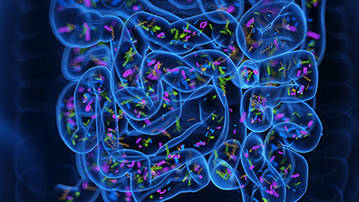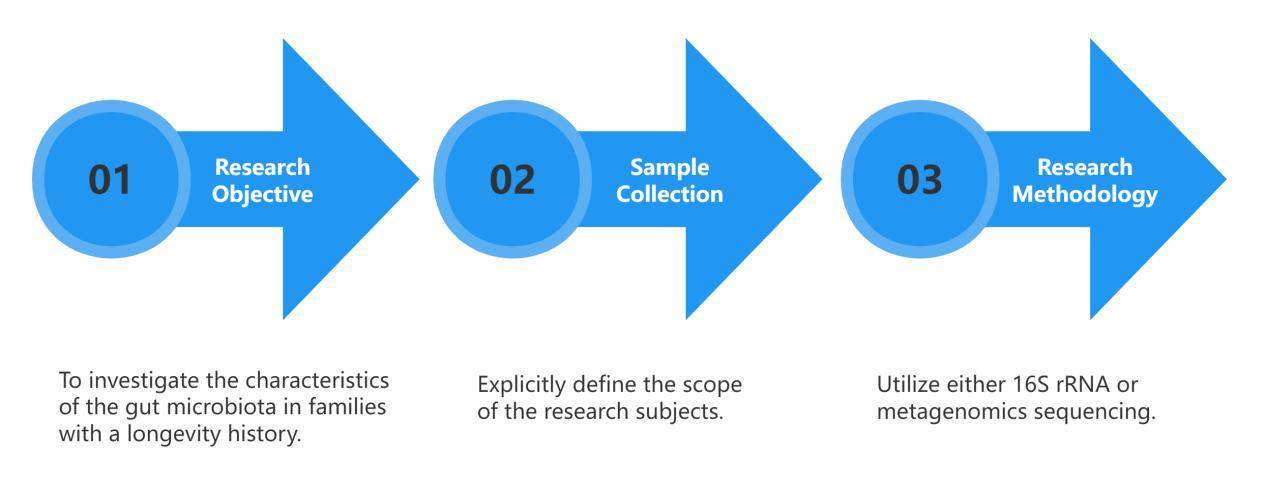
Navigation
- Home
- Services
- Microbial Diversity Analysis – 16S/18S/ITS Sequencing
- Metagenomics
- Microbial Whole Genome Sequencing
- Microbial Identification
- Microbial Characterization
- Microbial Functional Gene Analysis
- Microbial Epigenomics
- Antibiotic Resistance Genes (ARGs) Analysis Solution
- Microbial PacBio SMRT Sequencing
- Microbial Nanopore Sequencing
- Microbial Transcriptomics
- Microbial Bioinformatics
- Other
- Microbial Metabolomics Analysis Service
- Solutions
- Microecology and Human/Animal Health
- Environmental Microbiology Solutions
- Agricultural Microbiology Solutions
- Pharmaceutical Microbiology Solutions
- Industrial Microbiology Solutions
- Microecology and Cancer Research Solutions
- Microecology and Biofilms
- Pathogen Sequencing Solutions
- Environmental DNA (eDNA) Analysis Solution
- Products
- Resource
- Company
- Sample Submission Guidelines






 Figure 1 Comparison of Fecal Levels of Short Chain Fatty Acids in Patients With PD and Healthy Controls.
Figure 1 Comparison of Fecal Levels of Short Chain Fatty Acids in Patients With PD and Healthy Controls. Figure 2 ROC Curves for Distinguishing Patients With PD From Controls and Correlations Between SCFA Levels and Clinical Motor Symptom Severity in Patients With PD.
Figure 2 ROC Curves for Distinguishing Patients With PD From Controls and Correlations Between SCFA Levels and Clinical Motor Symptom Severity in Patients With PD.





